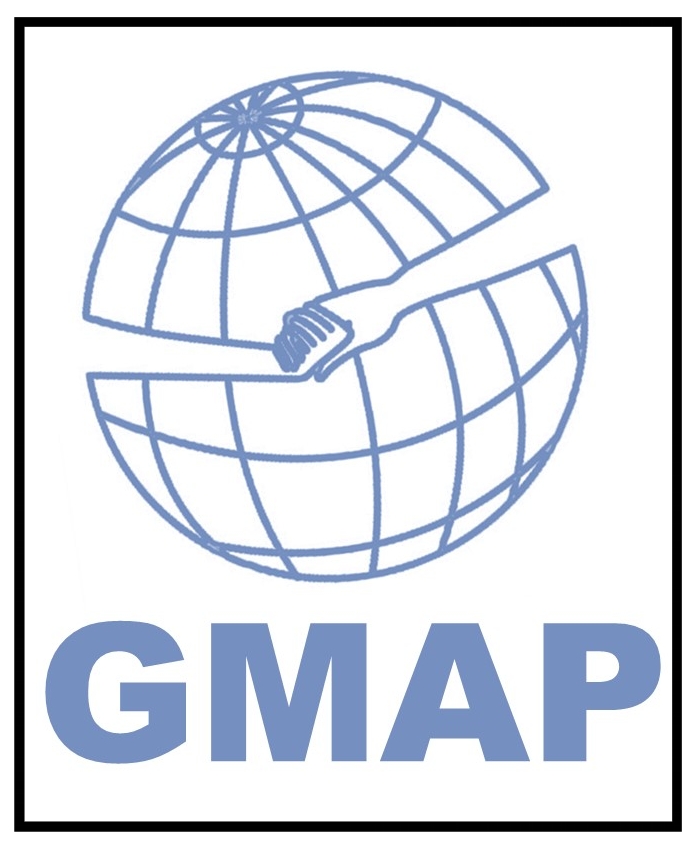Examining the Effect of Peers on Internalized Substance Use Stigma in the Context of HIV and Substance Use Care Engagement in South Africa
Internalized substance use stigma has been identified as a barrier to engagement in HIV care and substance use treatment, including in South Africa, the country with the highest number of people living with HIV globally and a high burden of untreated and under treated substance use disorder. While HIV can be a manageable chronic disease for people adherent to antiretroviral therapy (ARTs), substance use is associated with poorer ART adherence and poorer engagement in care for people living with HIV.
Integrating peer recovery coaches (PRCs)—or persons with lived substance use disorder experience—into larger healthcare teams may be a promising way to reduce internalized substance use stigma among people living with HIV who are disengaged from care, and consequently, increase retention in HIV care and substance use treatment. Yet, despite the prevalent assumption that PRCs reduce internalized substance use stigma, no studies have examined this quantitatively, and none have examined this in the context of HIV care. Further, although PRC models have been rapidly scaled in the US, little research has examined PRC models in low- and middle-income countries.
Therefore, this study aims to examine if integrating a PRC into existing healthcare worker teams tasked with re-engaging HIV patients in care reduces substance use stigma among these patients who also use substances. Using quantitative and qualitative methods, the study will also evaluate if changes in stigma are related to re-engagement in HIV care and substance use treatment. To increase the feasibility of this dissertation study, it is integrated into the Siyakhana – Peer R21 study (R21DA053212).
Location: Cape Town, South Africa; Funding: NIDA (R36DA057167; 2022-2024; PI: Regenauer). Additional funding: Dr. Dennis F. Marion Research Endowed Scholarship (Awardee: Regenauer); UMD College of Behavioral and Social Sciences’ Dean’s Research Initiative (DRI) 2022-2023 (PI: Regenauer); and DRI 2023-2024 (PI: Regenauer). Partnering with the South African Medical Research Council (SAMRC). Potential opportunities for undergraduate and graduate students to be involved in transcription, coding, and data management.

